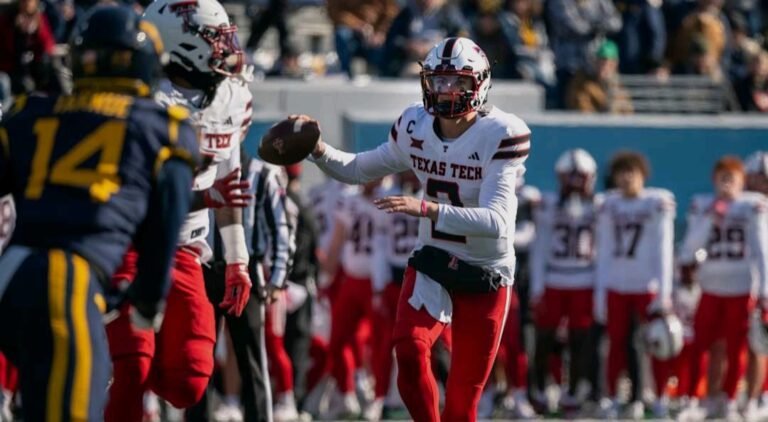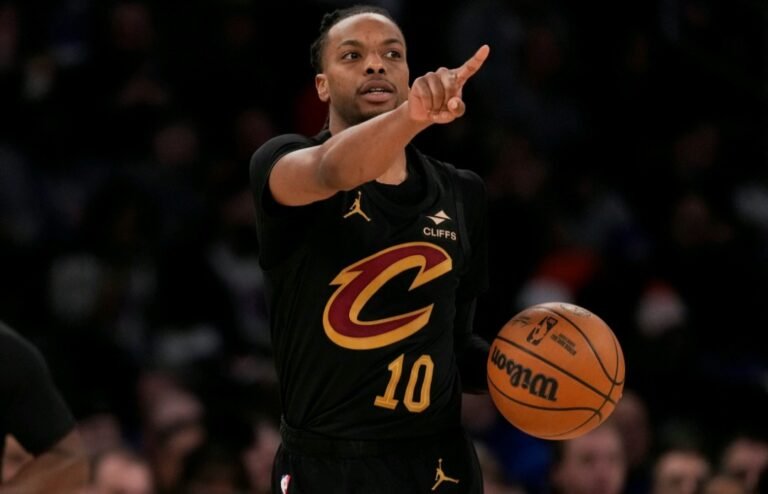
The University of Central Florida (UCF) Knights have made a significant decision to part ways with one of their most
versatile quarterbacks, signaling a major shift in the team’s strategy moving forward. In what appears to be a move
influenced by both roster dynamics and future planning, the departure of this dynamic player underscores the evolving
landscape of college football. As the Knights aim to maintain their competitive edge in the American
Athletic Conference (AAC), this development has stirred discussions about the team’s future direction.
While no official statement has been released detailing the precise reasons behind this decision, industry insiders
suggest that a mix of player aspirations and team priorities played a role. The quarterback in question, widely
regarded for their ability to adapt to various playing styles and game situations, has been a crucial part of
UCF’s roster. Their skills not only offered depth but also flexibility, enabling the team to experiment with innovative
offensive strategies. Despite these contributions, the Knights appear ready to explore new possibilities as they refine their game plan.
From a performance perspective, this quarterback’s journey with the Knights has been marked by flashes of brilliance.
Whether executing critical plays under pressure or stepping up during challenging games, they’ve proven their ability to deliver. However, like many college athletes, their future aspirations may include exploring opportunities in professional football or transferring to another program where their skills can shine in a different capacity. This dual reality of college sports—a balance between team needs and individual ambitions—often leads to such partings.
The timing of this decision comes as UCF prepares for the next chapter in its football journey. With the transfer portal offering unprecedented mobility for college athletes, teams and players alike are leveraging this system to align better with their goals. For UCF, this may mean recruiting fresh talent or doubling down on developing emerging players already on the roster. For the quarterback, the move could provide a chance to thrive in a new environment, potentially with a program that aligns more closely with their long-term goals.
Head Coach Gus Malzahn, known for his innovative approach to the game, will undoubtedly play a pivotal role in shaping the team’s future. His ability to identify and nurture talent has been a hallmark of his coaching career, and this transition period offers him a chance to recalibrate the Knights’ offensive strategies. While fans may feel the sting of losing a beloved player, the team’s commitment to growth and excellence remains steadfast.
For supporters of UCF football, this development serves as a reminder of the ever-changing nature of college athletics. Players come and go, but the spirit of the team endures. As the Knights gear up for the next season, the focus will likely shift to how they can leverage this moment to build a stronger, more cohesive unit. Change, while challenging, often lays the groundwork for future success.
In the end, the decision to cut ties with a versatile quarterback reflects a calculated step forward for UCF. While the departure marks the end of one chapter, it also signals the beginning of another. With a deep bench of talent and a visionary coach at the helm, the Knights remain well-positioned to continue their ascent in the world of college football.





